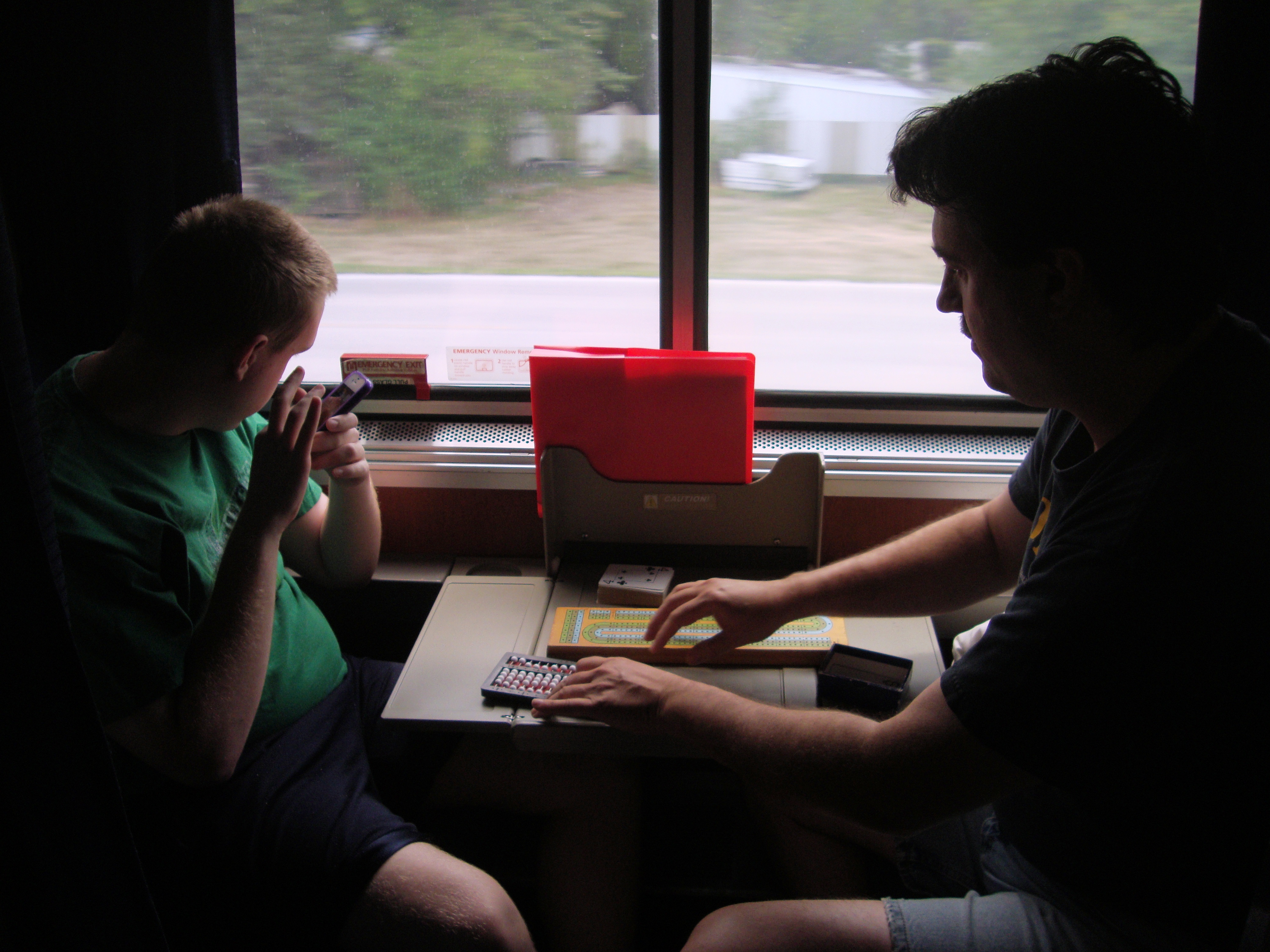Having a hearing impairment means that I’ve gotten to know closed captioning rather well. I also know that closed captioning isn’t always accurate.
In the report of three airplanes in a near collision, I read “gnarly hit” instead of “nearly”. That would be a gnarly situation, all right.
From an interviewer to the subject: “I have a cupful of things to ask when we get back from this break.” Cupful? Couple. Or was this a take-off on the saying a thimble-full?
Oh, dear, this one is rated R. Alert! The anchor said something about a celebrity getting “…her piece of the pie.” The captioner, unfortunately, translated the phrase into the celebrity getting “…herpes…” Oops. Major oops.
Meanwhile, back at the ranch, working quietly in my new cubicle, I kept thinking I heard my cell phone ringing. I keep my phone in my purse in a locked drawer, so it’s unlikely I’d hear it, really. But I’d hear that buzz and think, “Did I turn off the ringer and not the phone? Maybe it’s a fire drill. No, no one else is moving. We can’t be in a drill.” Was it the printer/copier? No, that was still a fairly quite machine. The solution to the mystery was on a table next to the copier/printer. The fax machine is closer to my cubicle than to the one that sheltered me last year – just close enough that I catch a hint of it beeping,buzzing, and then chugging away.
Even as the secretary was grumbling about the overwhelming number of faxes we were getting, I was laughing because I actually noticed. She couldn’t resist; she joined in and laughed, too. My world is a hearing world, and I’ve learned to face that world with an open mind and a sense of humor.

